My darling daughter was diagnosed with autism four years ago. The diagnosis hasn’t changed who she is or what she is capable of; however, it has given us tools and language and a 504 at her school to help her thrive in an environment designed for humans that are not on the spectrum. For example, while I helped her with her homework one evening, reading out loud from a national geographic website about how rock arches are formed, she said to me, “Mom, you cannot read to me like that. I need time to process. So just stop, okay?” Instead of becoming overwhelmed, she voiced what she needed. Inside, I laughed and cried and spun and squealed. She didn’t close up, pretend, break into sobs, or say she is stupid: she loved and advocated for herself!
It wasn’t long ago that parents, schools, clinics, and basically the entire world, knew little about autism. I am endlessly grateful for the recourses, advocates, language, and support my daughter receives daily. I know this has not always been the case. No longer are autistic people ignored or forgotten, labeled or used as “savants.” They are being integrated into society, education, and employment. Normalizing differences and adjusting our world to autism rather than excluding autistic people is a recent movement that is heartbreakingly late and joyously, finally here! This is one of the reasons Simsion’s novel has a special place in my heart.
The narrator of The Rosie Project, Don, gives the reader this beautiful insight into a mind functioning in a world designed for humans that are not on the spectrum. The tone of the novel from this point of view is comical and kind, intelligent and organized. I always love books that are clever enough to allow the reader to see what is going on before the narrator and not allow the narrator to appear dim. This novel is character-driven and compassionate towards all humans. And I agree with Don, who reiterates Catherine’s plea from Jane Austen’s Northanger Abbey: how are we to know what people mean if they do not say what they mean?
Thank you, Graeme, for writing a delightful novel that beautifully reflects the idea that people don’t need to change to “fit in.” Because oftentimes they can’t, and always they shouldn’t: the complicated world of diversity is desirable and vibrant. Thank you for exposing readers to the inner world of spectrum thinkers, livers, and be-ers.



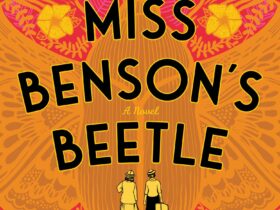

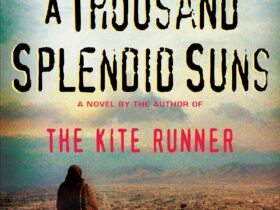



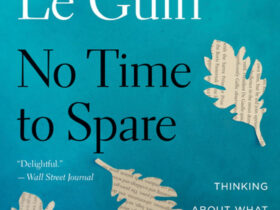


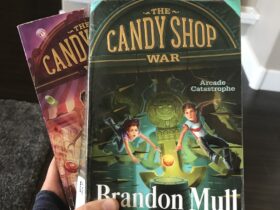













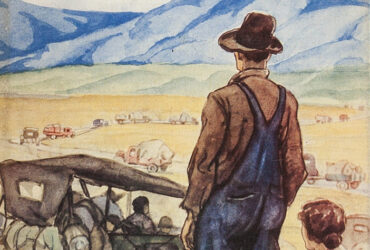

Leave a Reply